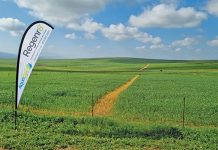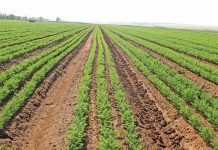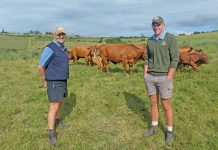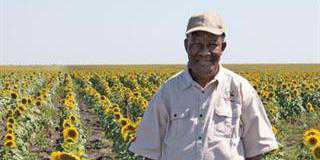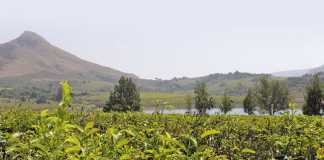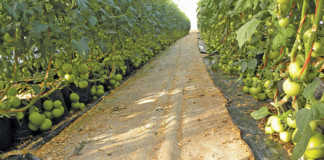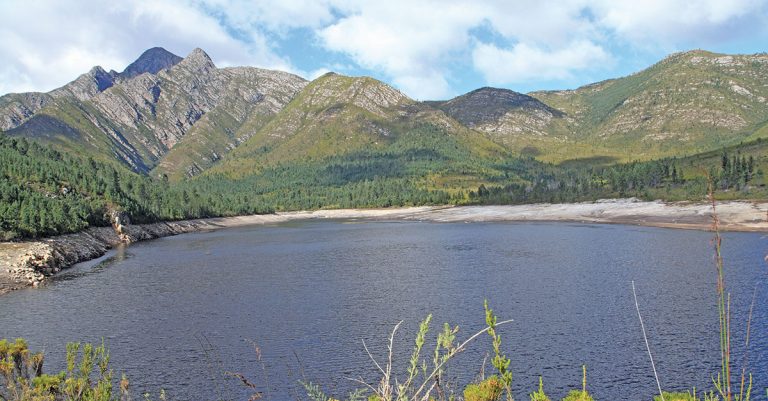
Risk should always be seen in context. For many people, the unrest and riots that took place in KwaZulu-Natal and parts of Gauteng in July were nothing more than a news item that did not affect them directly.
However, the CEO of the South African Special Risk Insurance Association (SASRIA), Cedric Masondo, was quoted as saying that SASRIA had never in its 42-year history witnessed looting and public disorder on such a scale.
The economic fallout will be far-reaching and this invites the question: what other risks do we face in South Africa?
In this context, it’s worth noting some important observations made by the Bureau for Economic Research at Stellenbosch University in its review of the economy in July.
Commenting on the economic activity expected during the remainder of 2021 and 2022, the report said that South Africa’s economy continued to be supported “by favourable external conditions”.
“[The country] continue[s] to benefit handsomely from multi-year, and in some cases, all-time highs in a range of commodity prices. This has several positive impacts, including increased local mining sector activity.”
This, in turn, supported the local manufacturing sector. High commodity prices also contributed to “very large surpluses on the external trade balance, which in turn support the rand exchange rate”.
Despite the positive sentiment, we need to take into consideration other factors that could affect our economic well-being, such as low employment rates, the continued risk posed by
COVID-19, political risk, and high levels of household debt and potential resource challenges, notably water and electricity, which will continue to pose a risk for the foreseeable future.
Prof Anthony Turton of the University of the Free State, a well-known water specialist, recently said that South Africa’s water problem was less that of a shortage of water and more a case of a shortage of critical thinking around water.
The reality is that South Africa is a water-scarce country and this needs to be factored into the equation. This brings us to another key risk: climate change. Over the past few months, we have seen an inordinate number of wildfires destroy large tracts of vegetation and communities around the world, and it is common cause that these are exacerbated by climate change.
Our farming practices and food supply will also be influenced by changes in the climate. We have already seen how South Africa is affected in this respect and we have a responsibility to act.
Insurers across the world are also starting to refuse cover to industries, such as coal mining and the petroleum industry, that are fossil-fuel-intensive. Yet population growth is forcing food production up, more water to be used, and an increase in the need for power.
Recovery after the crash
Context is important, and I would therefore like to return to the Bureau for Economic Research’s report.
“Beneath the surface, there is a lot going on. Aside from the Level 4 lockdown extension, the severe COVID-19 third wave was already expected to lead to more cautious household and firm spending behaviour during [Quarter 3 of ] 2021.
“The KwaZulu-Natal/Gauteng riots and the associated disruption of supply chains across many sectors will undoubtedly be a further blow. While the more longer-term impacts
of these events remain uncertain, there is no question that it is another setback to South Africa’s economic recovery from the 2020 crash.
“The impact of the delayed recovery on the livelihoods of many will be profound. Not to mention that the country remains in the grips of a devastating pandemic.
“While public finances are tight, the rebuild process will most likely require some form of fiscal response. “The South African Reserve Bank may need to hold off for longer before starting to raise the policy interest rate. If ever there was a need for speed in structural
reform implementation, it is now.
It cannot just be left to the private sector and communities to pick up the pieces,” the report states.
Corporations, small businesses, farmers, individuals and government all have a role to play in understanding where we find ourselves and what needs to be done to mitigate these risks. Perhaps our greatest risk lies not in a shortage of resources, but a shortage of critical thinking about these risks.
Andries Wiese is head of the Agri Division at Hollard Insurance.

